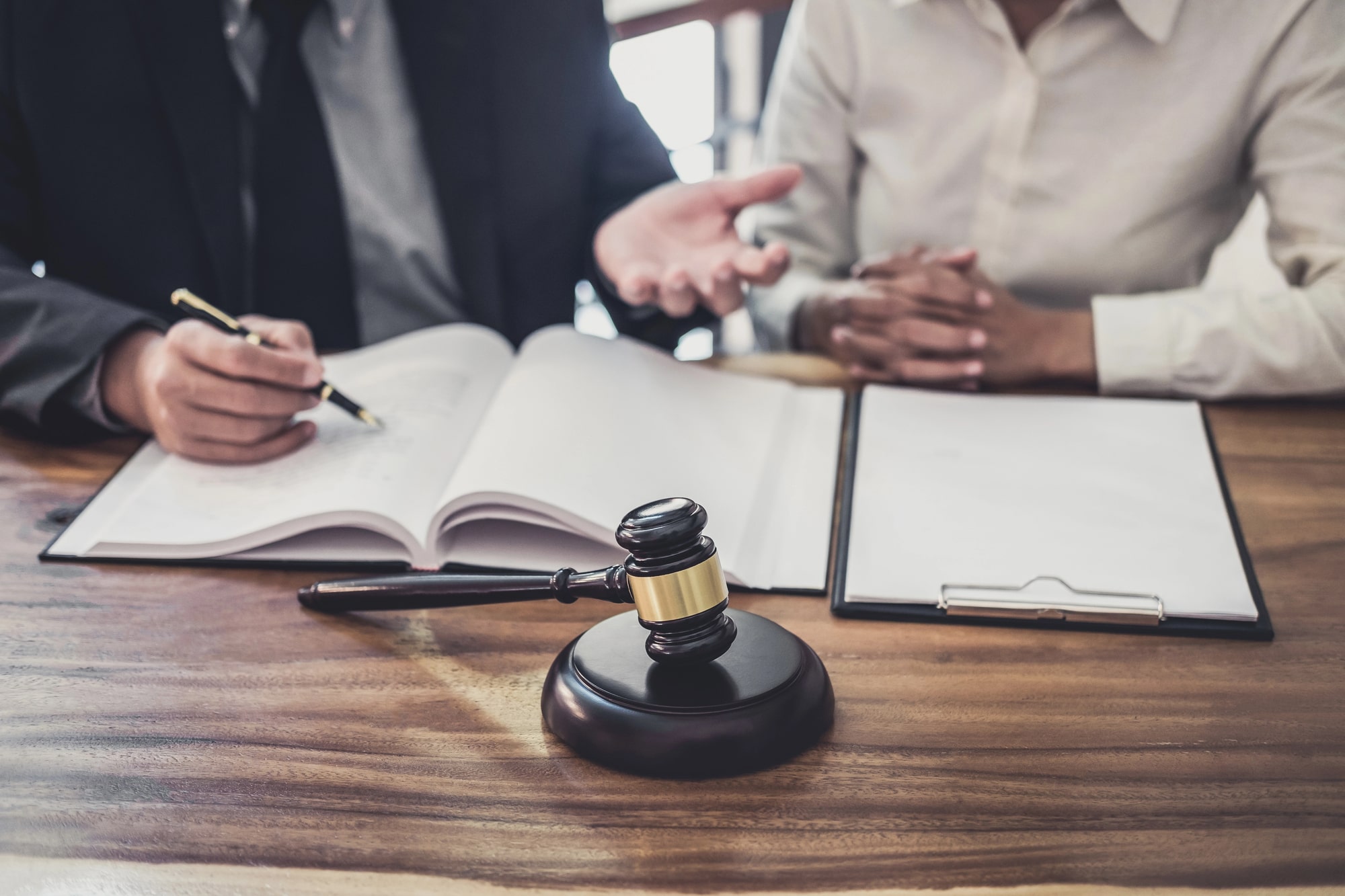
Legal Rights For Survivors Under The Child Victims Act
For years, survivors of childhood sexual abuse were limited by legal deadlines that often blocked them from filing lawsuits as adults. The Child Victims Act changed that. This law gives survivors more time to come forward, seek justice, and hold those responsible accountable, whether individuals or institutions. While every survivor’s experience is different, the legal rights provided under the Act are consistent in creating a path forward. With the right support, survivors can file claims, request compensation, and share their stories in a legal setting. If you’re seeking guidance through this process, it’s helpful to speak with a Maryland child victims’ act lawyer.
A Longer Window To File A Lawsuit
The Child Victims Act extends the amount of time a survivor has to file a civil lawsuit related to childhood sexual abuse. In the past, many survivors were barred from taking legal action because the statute of limitations had passed, often before they were ready to speak about what happened. Now, the Act provides a more realistic timeline that acknowledges how long it can take to process and report abuse. In Maryland, the law allows survivors up to the age of 38 to bring civil claims, and a revival window opened in 2023 for older claims that would otherwise be time-barred.
Holding Institutions Responsible
Legal claims under the Child Victims Act aren’t limited to individual abusers. Survivors also have the right to take action against institutions that may have allowed the abuse to happen or failed to act when they should have. This includes schools, religious organizations, youth programs, and other entities. If an institution played a part, by ignoring warning signs, covering up incidents, or hiring someone with a known history of abuse, they can be held accountable in court. Survivors don’t need to prove criminal liability; civil claims focus on harm and responsibility rather than intent.
How Legal Action Helps Survivors Reclaim Control
Filing a lawsuit is not only about seeking compensation; it can also support the healing process. Survivors often say that being heard in court or having the opportunity to confront those who harmed them helps them move forward. Legal action also creates a public record, which can offer a sense of closure and may help protect others from future harm. The Child Victims Act gives survivors the power to decide if and when to pursue justice on their terms, and legal tools are available to support them throughout the process.
Why Working With A Legal Team Matters
Survivors have important decisions to make about when and how to take legal action. A legal team can provide guidance on building a strong case, filing within the required timeframe, and managing interactions with the court system. Each case is different, but legal representation helps survivors understand their rights and avoid common issues that can delay or limit the outcome of a claim.
Moving Forward With Support And Clarity
The Child Victims Act helps make the legal system more available to survivors seeking accountability. It reflects a broader understanding of trauma and the time it takes for many people to speak out. For those considering legal action, it’s important to know that there are options and support available. Our firm has been practicing since 1998, and our attorney at Brown Kiely LLP can discuss your rights and next steps in a confidential, respectful setting. Our staff and attorneys work tirelessly to help you understand your options and to achieve your goals. We use innovative and cost-effective litigation tools to keep costs and fees lower. To speak with someone who understands this process, contact us today.











